Happy New Year! 2022 granted us 365 days of fantastic films, from long-awaited epics to instant cult classics to underdog indie crowd-pleasers to a new all-time favorite film of mine. As I did last year, I decided to list my top ten movies released this year as we enter awards season.
I was lucky enough to catch a fair amount of this year's releases in theaters and streaming, but I could not get around to watching every film I wanted to. These movies include Triangle of Sadness, Decision to Leave, The Menu, and Black Panther: Wakanda Forever. I aim to make time for these films before this year's awards season ends. If any of them make their way into this list, I will note that in their individual reviews, and I will update their placement accordingly in my Letterboxd list, which documents my complete ranking of this year's films.
Lastly, there were lots of noteworthy films I enjoyed this year that deserve recognition even though they did not make it onto this list. Honorable mentions for 2022 include Barbarian, Everything Everywhere All at Once, The Bob's Burgers Movie, The Fabelmans, The House, X, and All Quiet on the Western Front. In addition to the following ten films, be sure to check out these movies as well.
10. Cha Cha Real Smooth - dir. Cooper Raiff
An instant indie hit out of Sundance, Cha Cha Real Smooth is a meandering and plotless lighthearted comedy that is uncomfortably endearing and refreshingly authentic. Writer, director, and star Cooper Raiff documents the suburban ennui of early adulthood (a la The Graduate) as protagonist Andrew learns to compartmentalize his pain for the sake of guiding those around him. Raiff's comedy, though aiming at the absurdity of adolescent and adulthood insecurities, extends generosity towards its subjects. While many coming-of-age stories relegate themselves to selfishness or narrow perspectives, Raiff's kind-hearted storytelling is comforting and sincere, making it one of my favorite comedies of the year. Check out my full review here.
9. Great Freedom - dir. Sebastian Meise
Though overlooked mainly due to its extremely limited release, Sebastian Meise's first narrative feature is one to seek out by any means possible. Great Freedom is a skin-crawling and gut-wrenching examination of post-war Germany's political and social stigmas told through a sensory-driven experience of a gay man's multiple incarcerations. Helmed by Franz Rogowski's stunning lead performance, the film is a claustrophobic and suffocatingly bleak image of rebellion, pride, and shame. Though daunting and complex, Great Freedom is an intimate glimpse of the devastation of incarceration, prison labor, and oppressive social morals. Check out my full review here.
8. Moonage Daydream - dir. Brett Morgen
Moonage Daydream avoids every common trap, pitfall, and cliche that captures modern musician biopics and documentaries. Rather than retrospectively speculating on the elusive personal life of David Bowie, the film celebrates him from a respectful distance - it deeply examines his body of work and artistic spirit through his words and music alone. Its hyper-stylization is a reinvigoration of Bowie's creative spirit rather than a co-option of his signature style, functioning as a two-and-a-half-hour tribute that's part concert film, part interview, and part experimental video. Check out my full review here.
7. After Yang - dir. Kogonada
Combining the visual aesthetics of Leos Carax with the oddly comforting dystopia of Shaun Tan, Kogonada's After Yang is a meditative examination of grief, identity, and family. Yang, a personal android, is initially introduced to the family as an artificial older brother to teach their adopted daughter about her Chinese ancestry. But when he malfunctions, the father searches far and wide to repair him and uncovers an illegal surveillance operation designed to research the value of human memory. In a contemplative and dreamlike parallel to Blade Runner, the movie concerns itself with the dangers of techno-capitalism, but focuses more on the preservation and beauty of humanity rather than the destruction of it. After Yang is not a disturbing warning but a poetic declaration of the beauty of familial bond. It doesn't preach the restrictions of a traditional nuclear family because it posits that an emotional bond can be far more valuable than a genetic one.
6. Bones and All - dir. Luca Guadagnino
Having yet to be blown away by contemporary favorite Luca Guadagnino, I walked into Bones and All with low expectations, but my hopes were exceeded and then some. This movie is my favorite horror film of the year, but its unique grotesqueness is far from the most intriguing aspect. Though viscerally disgusting, Bones and All is tranquil and meditative. Its tidy craftsmanship may seem out of place on paper, but it helps connect the film's gruesome narrative canvas to its pondering perspective on youthful deviance and the crumbling post-industrial underbelly of middle America. United by incredible performances from Taylor Russell, Timothee Chalamet, and Mark Rylance, Bones and All is a heartbreakingly soft-spoken and viscerally terrifying masterpiece. Check out my full review here.
5. Nope - dir. Jordan Peele
Easily one of my favorite contemporary directors, Jordan Peele's summer blockbuster Nope drummed up constant conversation and theorizing in typical Peele fashion. As his most enigmatic and ambiguous story yet, Peele's massive sci-fi thriller veers from traditional horror and becomes an analysis of spectacle and the narrative of human dominance. As always, Daniel Kaluuya's stunning expressiveness is unstoppable, and Keke Palmer's more lighthearted performance perfectly accents him. Possibly Peele's most divisive film yet, Nope's spine-tingling dread feeds off our morbid curiosity as an audience to gaze upon the most gruesome and sinister acts on Earth. Check out my full review here.
4. BARDO, False Chronicle of a Handful of Truths - dir. Alejandro González Iñárritu
A magical realist imagination of an aging and divisive documentarian, BARDO is a collection of confusing and maximalist expressions of individual and national Mexican identity. Defined by sweeping wide-angle cinematography and long tracking shots, BARDO constantly undermines, redefines, and convolutes itself while maintaining remarkable clarity. An almost three-hour undertaking, Iñárritu’s latest film is a both mocking indictment and loving tribute to the interwoven relationships between reality and fiction, past and present, and class and art. Full review coming soon.
3. Petite Maman - dir. Celine Sciamma
Petite Maman is the coziest and most comforting film I watched all year. It tenderly explores a young girl's short stay in her mother's childhood home and her mysterious encounters with a friendly visitor in the surrounding woods. Both abstract and accessible, Celine Sciamma's direction crafts a nostalgic story of the bittersweetness of reliving memories and the sacrifices we make for those we care about most. A brief glimpse into childhood whimsy, the warm palate and poetic dialogue of Petite Maman are raw, timeless, and tear-jerking. Check out my full review here.
2. Fire of Love - dir. Sara Dosa
Rarely do nature documentaries astound me, but Fire of Love is a notable exception. Another runaway hit from Sundance Film Festival, the film relies on a combination of archival footage and beautiful animation to tell the stories of volcanologists Katia and Maurice Krafft. Using their respective and collective creative eyes and scientific voices, narrator Miranda July tells us the love story that was forged from loneliness and a fascination with the eruptions that shape the ground we stand on. Its poetic approach never undermines its educational emphasis, and though it leaves us with many questions, it underlines the importance of collective care for the world and the people we share it with. Check out my full review here.
1. TÁR - dir. Todd Field
Not only is TÁR my favorite film of the year, but it has quickly become one of my favorites of all time. Its current cultural fate seems to be headlines that posit it as either a masterful takedown of hot-button social topics or an ideologically and aesthetically regressive film that's too self-important to point any fingers directly. As I see it, both of these perspectives severely misunderstand TÁR as a piece that is explicitly literal and morally black-and-white. TÁR succeeds because of its ambiguity, which it uses to sharply dissect the infection of hierarchy and power in art. The abuse that comes from the absurd elitism of "high art" is examined from the eyes of a serial perpetrator, and we, as an audience, get to ponder on haunting guilt and spiritual atonement or lack thereof. TÁR never concerns itself with whether punishment is merited or not, nor does it point a finger at anything except abuse of power. A meditative, explosive, and spiritual experience, TÁR is a film that studies how hierarchy constricts art into an inescapable chokehold and the self-destructive cycle of mythologized auteurism. Check out my full review here.
I want to give a brief but heartfelt thank you to everyone who read, subscribed to, or shared my writing in the past 12 months. I started this site a little over a year ago to individually pursue the media analysis that I had been contributing to my school's newspaper, unsure of what direction I would take. Now, I've published almost 50 reviews, and I genuinely appreciate everyone who's supported this site, however frequent a reader you are. I will continue to write regular reviews for the foreseeable future, and I hope you all stick around for the following year. Here's to a great 2023!




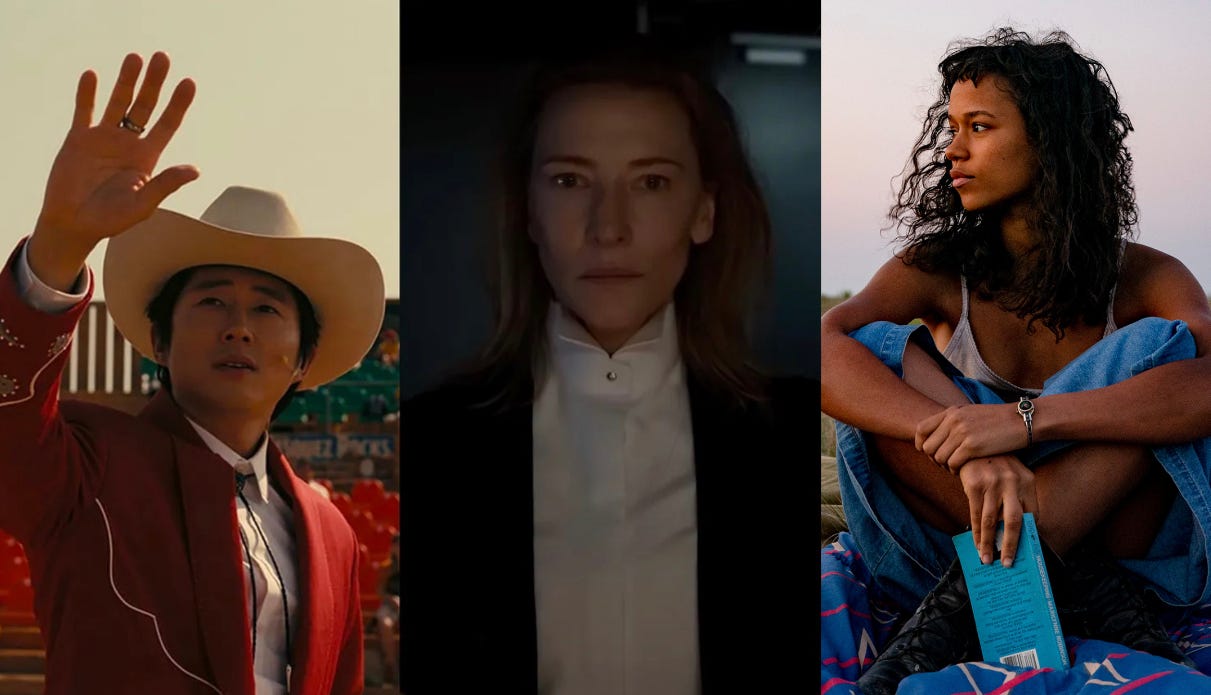
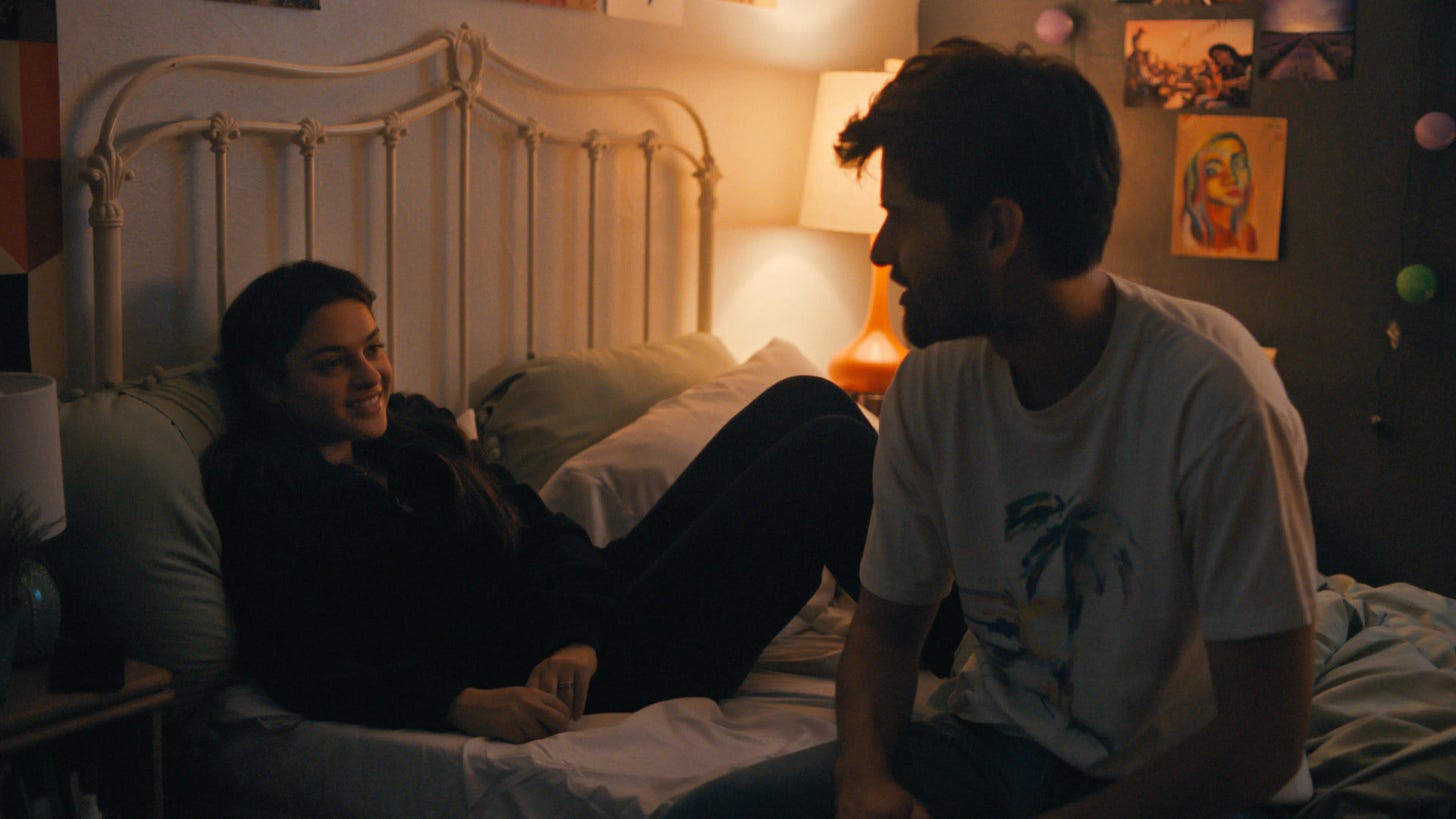
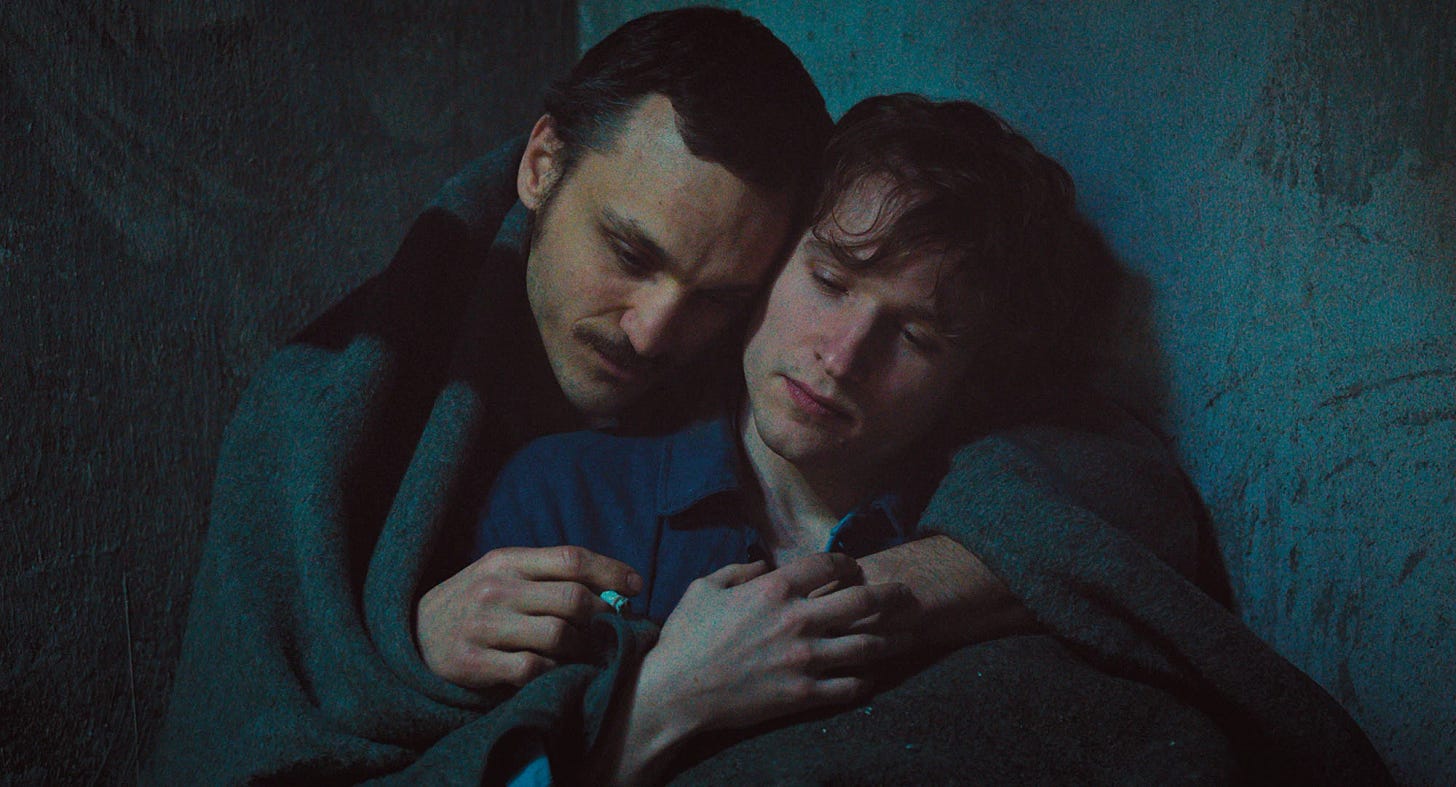


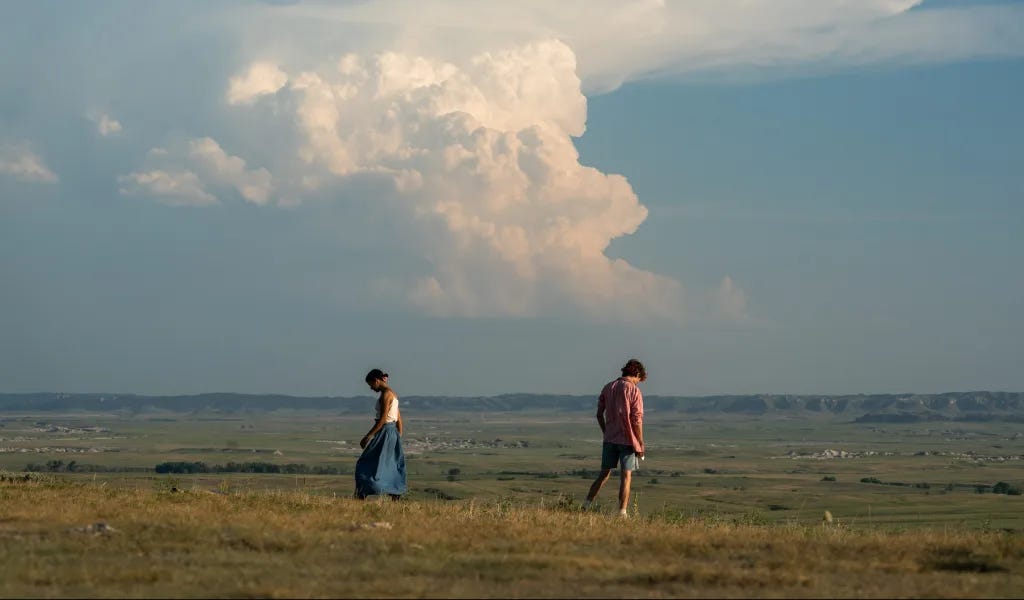
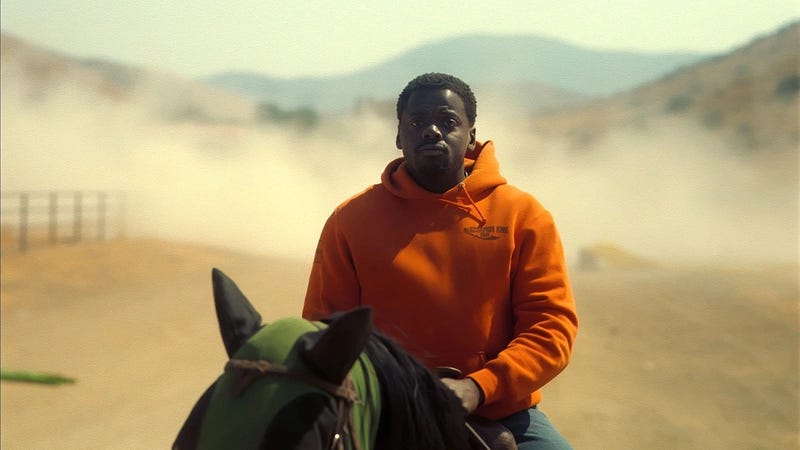
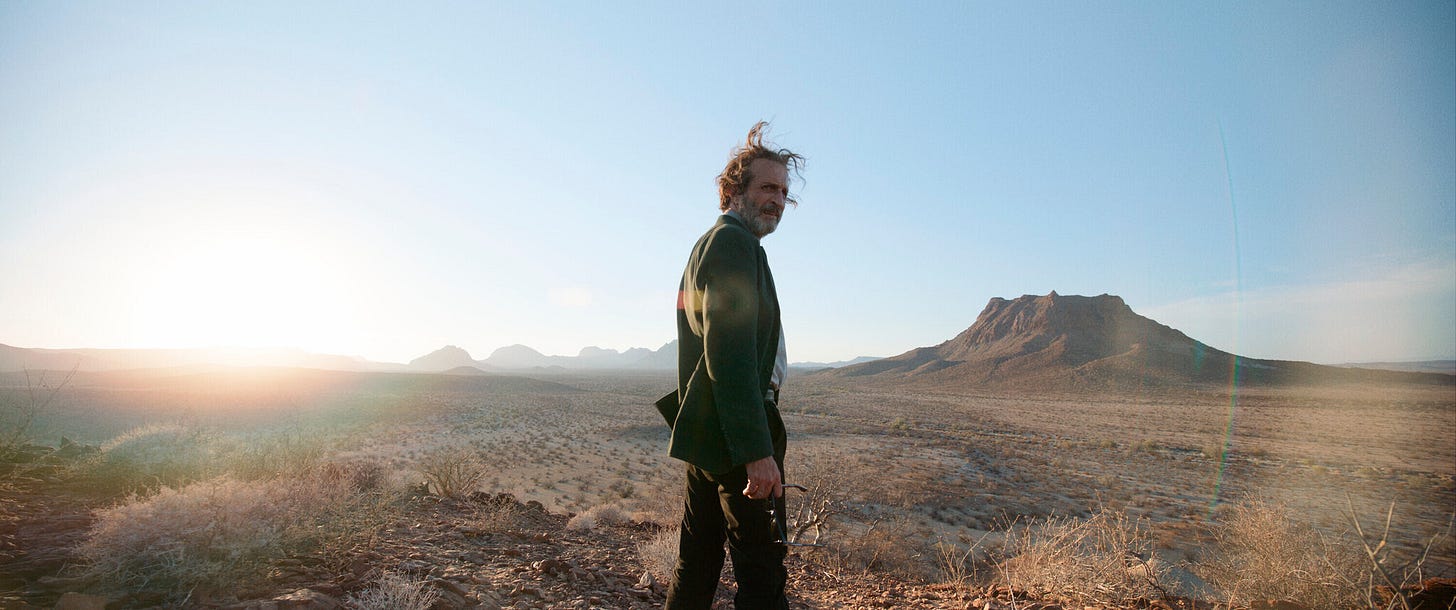
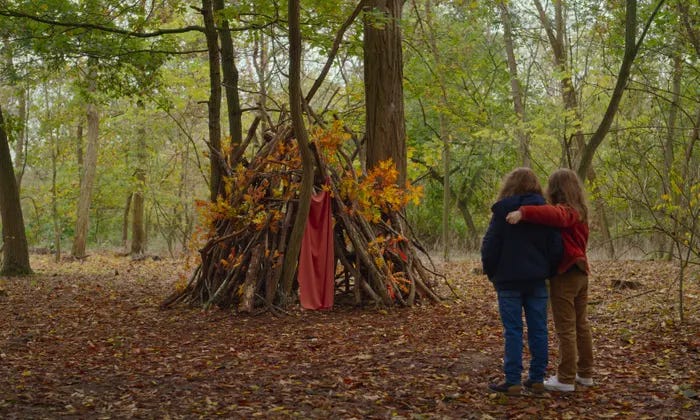
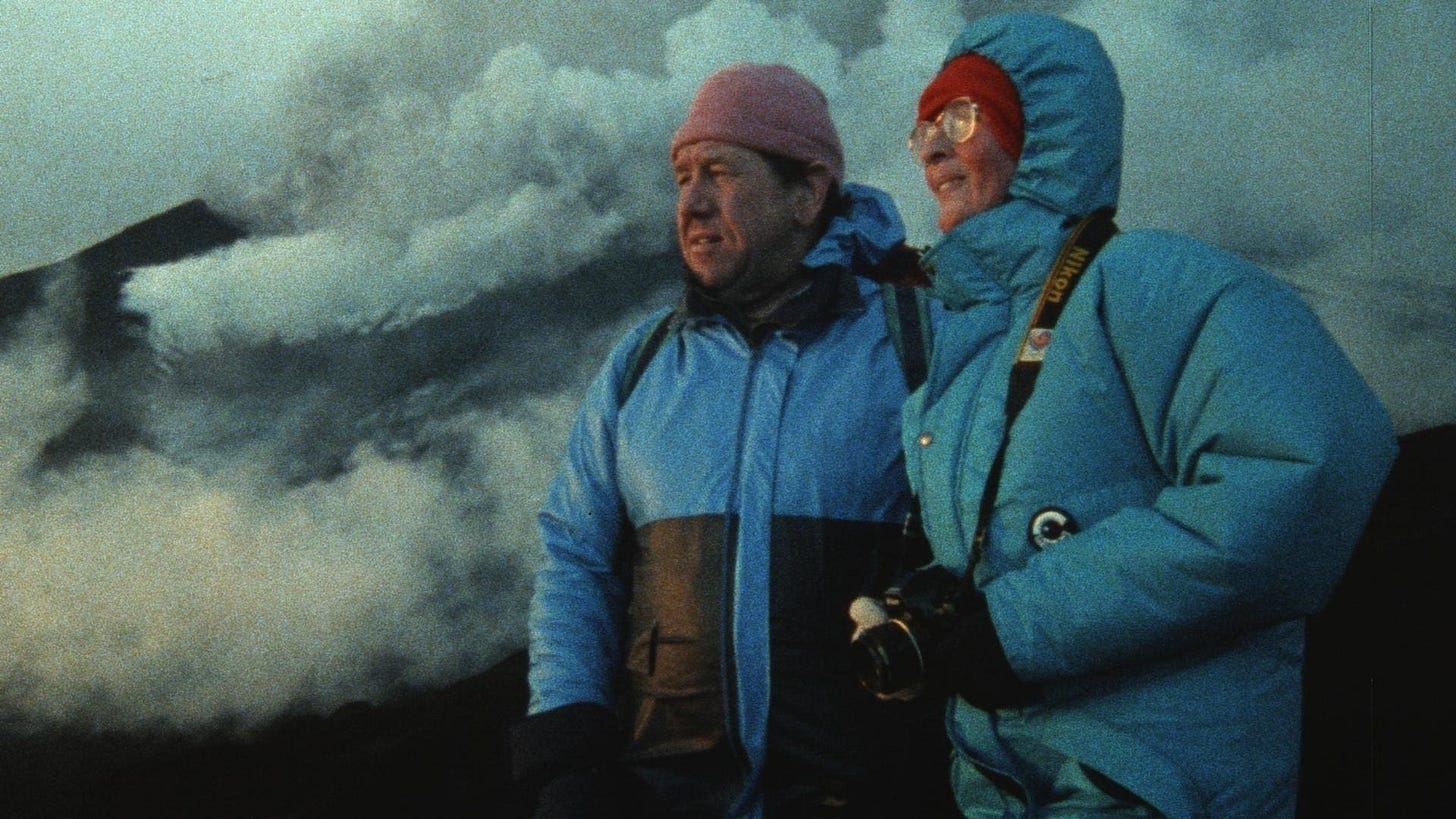
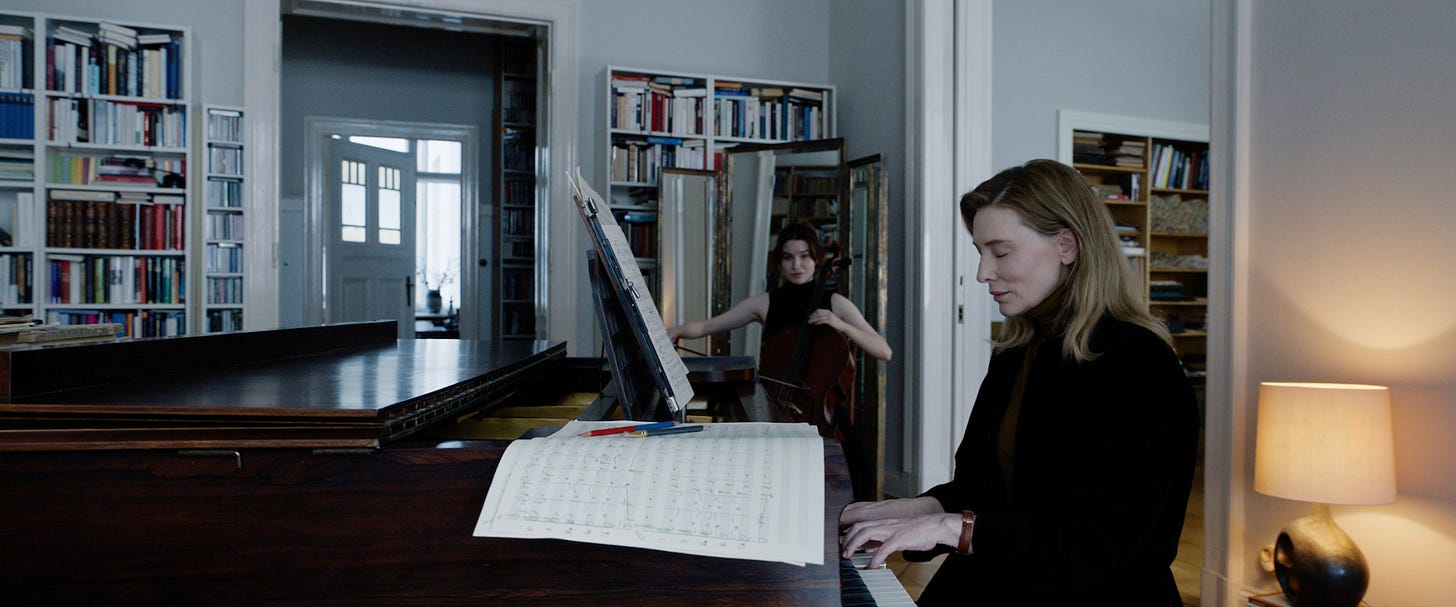
a cucumber salad for the soul . . .
Your concise takes on these movies are very compelling! Now I really want to watch the 3 on the list that I haven't gotten to yet. Thanks, Ada!